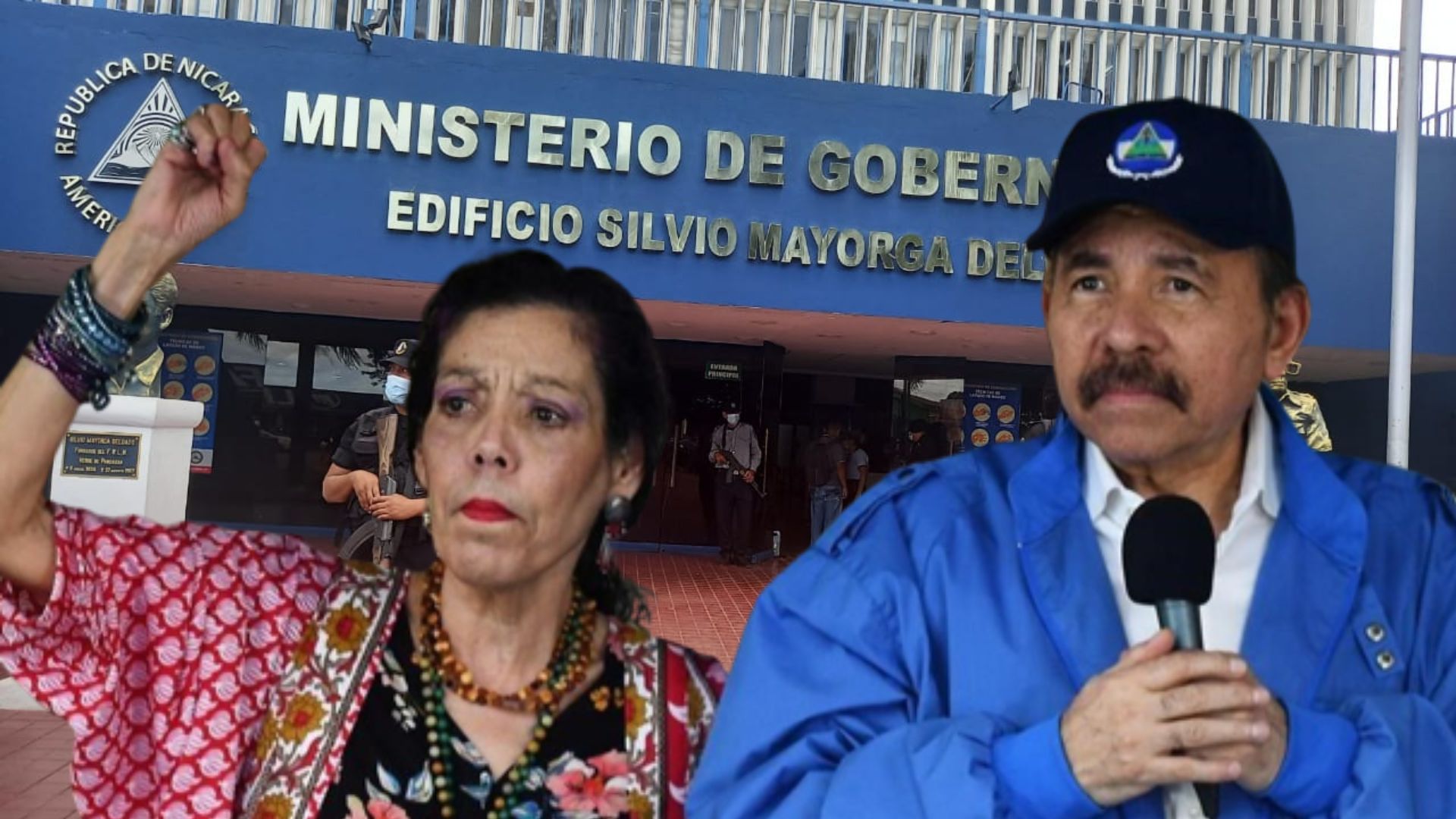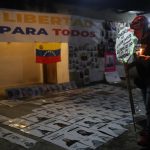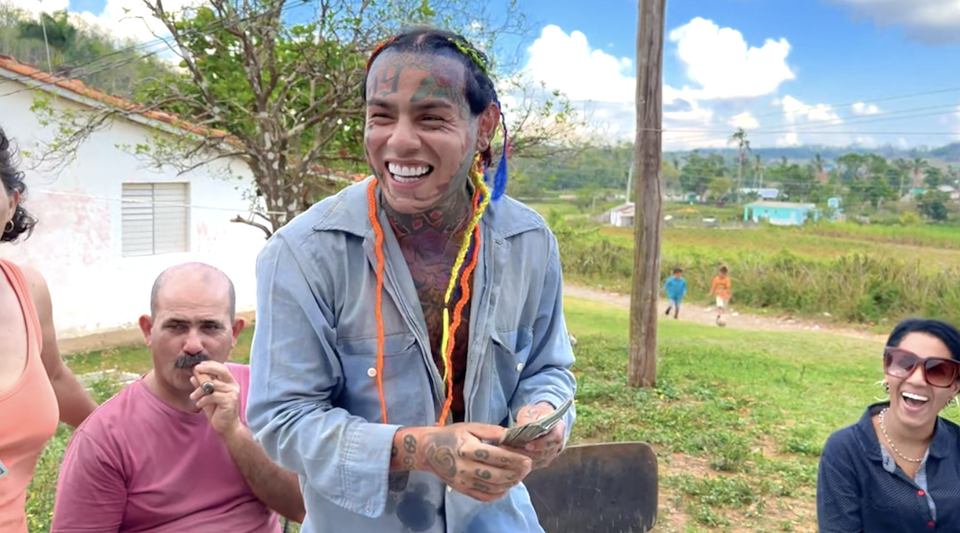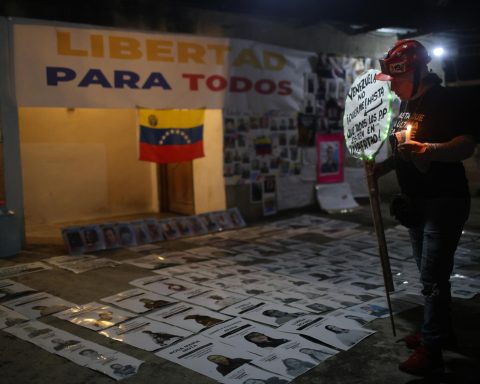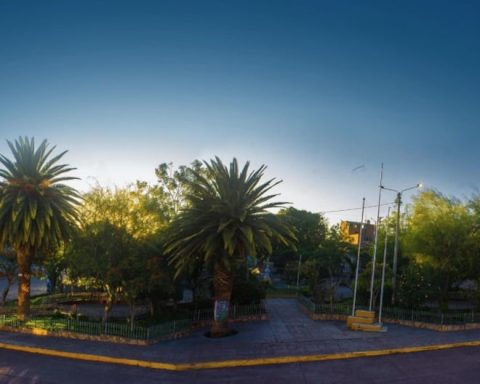The cancellation of more than 3,300 Non-Governmental Organizations (NGOs) would have left more than 23,400 Nicaraguans unemployed, reveals a study by the Fundación del Río.
The document states that in total, the dictatorship has annihilated around 46% of the non-profit organizations that were in the country, most of the cancellations occurred in 2022.
The analysis determined that the 23,483 jobs lost were in at least 1,021 of the NGOs annihilated by Ortega. They also recounted the loss of at least 255 million dollars that no longer entered the country as a result of international cooperation, and that would have come through these organizations to allocate them to development projects, mostly in rural areas.
Related news: Ministry of the Interior cancels another 15 NGOs, mostly evangelical
They denounce that the main objective of the regime is “the disarticulation of the territorial fabric that the NPOs had built and the confidence of the population towards the programs and projects that these entities had been implementing. These territorial fabrics were protagonists of the protests of April 2018 or simply showed their disagreement with what was happening, for this reason the disarticulation is a primary objective to control the mood of Nicaraguan society, especially at the rural level.
«The Ortega-Murillo regime tries to control and centralize development cooperation, so that international cooperation funds, which countries are willing to contribute to the country, are administered and managed only by the institutions of the regime. The fact of gradually curtailing civic space is a way of reducing the ways that these countries have of cooperating with Nicaragua,” the document adds.
Of the total number of NGOs canceled at the national level, 38% were dedicated to working on human rights issues (defense of human rights, environmental, cultural, education, women, children, indigenous peoples and Afro-descendants, recreation and health), 36% were dedicated development, 12% were trade associations, 9% religious associations and 1% neighborhood. In the case of international NPOs, 74% were dedicated to development cooperation, 14% were religious and 4% research.
The Fundación del Río documents that more than 25 canceled Nicaraguan organizations have been established outside the country, with the aim of continuing to demonstrate human rights violations in Nicaragua. These actions represent forms of resistance against the restrictions and criminalization of the Ortega-Murillo regime against NPOs.
They reiterate that the most used legal instrument for NPO cancellations has been through the Decrees of the National Assembly with 49%, while the Ministerial Agreement reaches 39% and Administrative Resolutions 10%. In the case of the change of legal status of some NGOs, Special Laws have been used.
